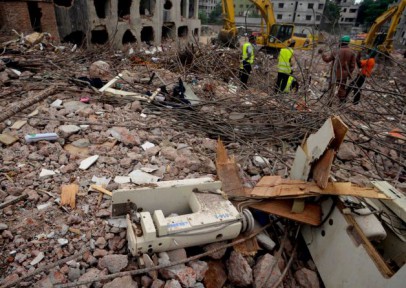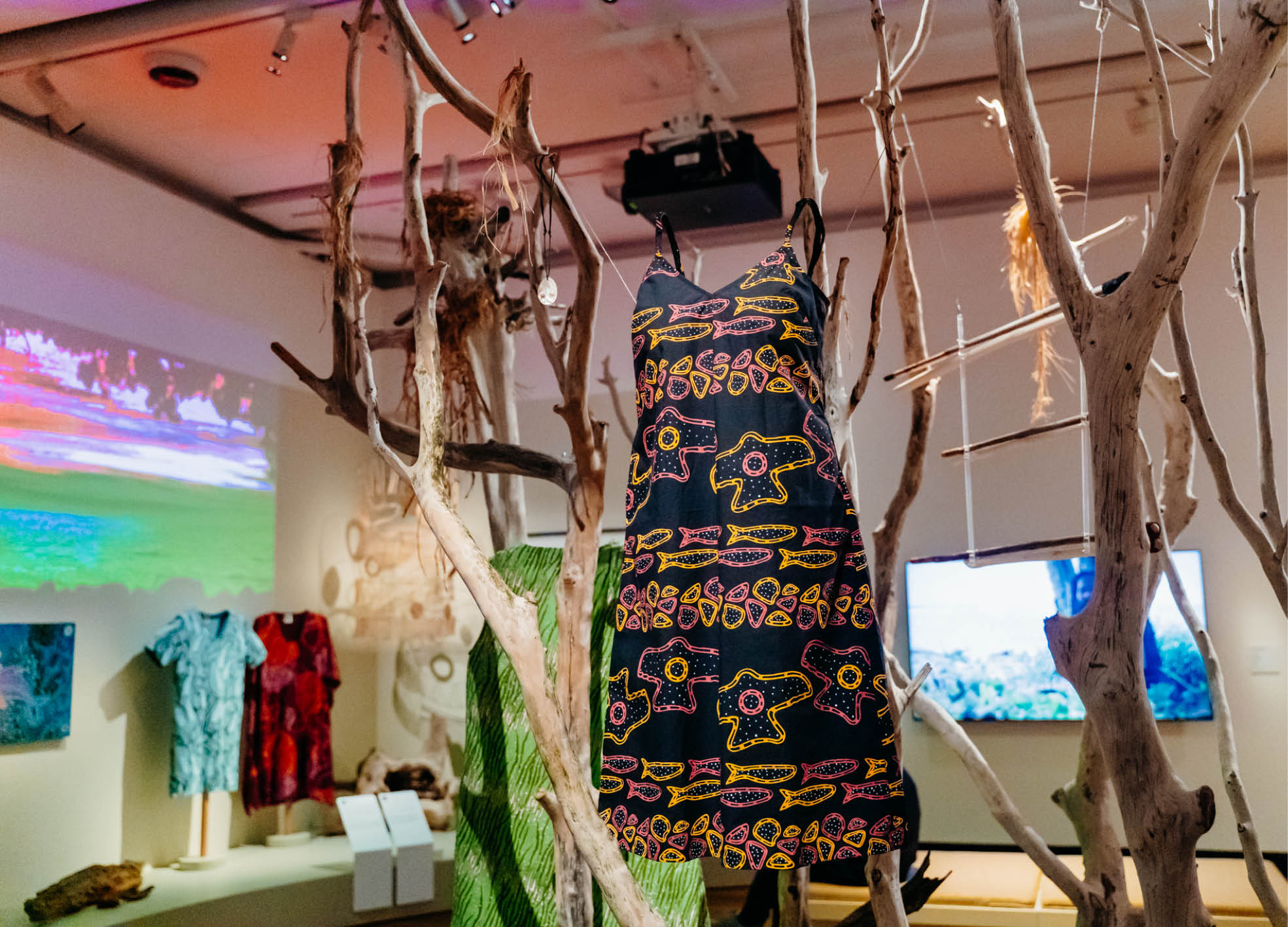Safety for Bangladesh

- Words by Peppermint
After weeks of petition and public pressure, Peppermint today celebrates the news that clothing giants H&M and Zara have made momentous steps towards improving worker safety and supply chain transparency by signing the legally-binding Accord on Building Fire and Safety in Bangladesh. The importance of this move cannot be underestimated, particularly by brands as large as these. A first-of-its-kind contract, the Accord means companies will be responsible for financing independent building inspections and renovations, addressing safety hazards and allowing unions to inform workers of their rights. H&M and Inditex (owners of Zara) were quickly joined by UK retailers Primark and Tesco and The Netherland’s C&A, all of whom were guided by the bold leadership of PVH (Calvin Klein and Tommy Hilfiger) and Tchibo, the first two companies to embrace the agreement. Pressure is now mounting on other key industry players, including Walmart, Gap and United Colours of Bennetton, to sign before the May 15 deadline.

The Clean Clothes Campaign, who have been fighting for this result and will act as a witness to the Agreement, are thrilled. “The Accord includes all of the components essential to be effective,” says the CCC’s Ineke Zeldenrust. “Independent safety inspections with public reports, mandatory repairs and renovations, the obligation by brands and retailers to underwrite the costs and to terminate business with any factory that refuses to make necessary safety upgrades, and a vital role for workers and their unions… We now call upon all major brands sourcing from Bangladesh to prevent more deaths and sign this agreement before the deadline of the 15th. With 1,250 workers killed in the last six months in Bangladesh, it is now time for companies to move beyond vague promises, business-as-usual self-regulatory schemes and rhetoric, and to sign a binding safety agreement that can finally bring an end to the horror… More than one million consumers have signed petitions calling brands to take action: All brands should now sign.”

Meanwhile, over the weekend, the Bangladeshi government also announced plans to raise the minimum wage for textile workers – some of the lowest paid in the world. “I believe labour should be justly appraised,” Abdul Latif Siddiqui, Minister for Textiles, told The Guardian. “We want to save the industry but at the same time we want to uplift the standard of living of our workers. We do not want slave labour.” But for now, if you’d like to continue the pressure on other brands who are yet to sign the safety Accord, contact them via social media, telephone or email. This historic agreement is proof that consumer voices combined have the power to bring about real and momentous change, and we couldn’t be happier.
{via The Guardian, Clean Clothes Campaign, AP}.
JOIN OUR MAILING LIST
Brighten up your inbox with our not-too-frequent emails featuring Peppermint-related news, events, competitions and more!
explore
More articles
It’s beginning to look a lot like Christmas…. Which means we are officially entering party season. Work parties, friend-dos, family get-togethers and then we’re straight into New Year festivities. If you’re lucky enough, you might be staring down the barrel…
Look, I don’t want to make anyone panic but IT’S DECEMBER!!! If you’re planning to give homemade gifts, you’re going to have to act fast. …
Furred, feathered, fishy, scaled… The pets we choose are as diverse as our personalities. (And apparently, quite often we resemble each other.) But they all…
When you hang a painting on a wall, the story stays put. But when you wear a beautifully made garment that may as well be…
Hang out with us on Instagram
It’s all a lot, isn’t it?
We weren’t designed to carry this much emotional grief and world-wide trauma on an ongoing basis. Just know you’re not alone. It’s ok to not be ok. 🫶🏻
Image from @PeopleIveLoved: “I am not sure my tiny brain was meant to understand this enormous grief.”

“We love that we can bring a hint of imagination and whimsy into everyday life by making ordinary objects fun. We’ve learned to appreciate the little wins and to take a moment for each step we achieve.”
Disillusioned by the realities of fast fashion, design grads Emily May and Sidonie Moore ditched clothing for a business that finds fun in the everyday. Enter @TheNonsenseMaker: a collection of unique homewares, fun wall art, greeting cards and more that breathe life into Emily’s illustrations: “I love the idea of taking real-world objects and changing your perspective in a way that brings magic and whimsy into everyday life!”
In issue 64’s feature ‘It all makes sense’, we chat to the Naarm/Melbourne-based duo about their sustainability philosophy, TV re-runs and their commitment to local makers. At stockists now!
Photos: @MeAndMyGirl
#PeppermintMagazine #TheNonsenseMaker #LocalMakers #SustainableCraft

Any New Year’s resolutions on your list? We love this from @OtterBeeStitching - “be brave enough to suck at something new”.
There’s no points for perfection, but you’ll get a trophy for trying. If nothing else this year, take the leap and try something new.
#OtterBeeStitching #Embroidery #BeBrave #TrySomethingNew #EmbroideryArt

Sunday serving suggestion ☀️
Gorgeous photos from @JolieFemmeStore - who make sweet garments from vintage bedsheets.
#PeppermintMagazine #SlowSunday #SwitchOff #Unplug #ReadAMagazine

A toast to the old you 🥂
We wholeheartedly love this post from the brilliant @EmilyOnLife:
“2026: Reinvent, burn it down, let it go (whatever it is). Year of the Snake it up. Exercise your boundaries, exercise your body, take one teeny step every day towards a life that feels better to be in.
But don’t you dare shit on your old self while you do it.
Hold yourself with reverence and tenderness and respect, because you got you this far. You did your very best with the information and tools you had at the time. You scraped yourself together, you made it work, you survived what felt impossible to survive: again and again and again.
You are perpetually in the process of becoming, whether you can feel it or not, whether or not you add it to your 2026 to-do list.“

Some very wise words from @Damon.Gameau to take us into 2026 🙌🏼

















